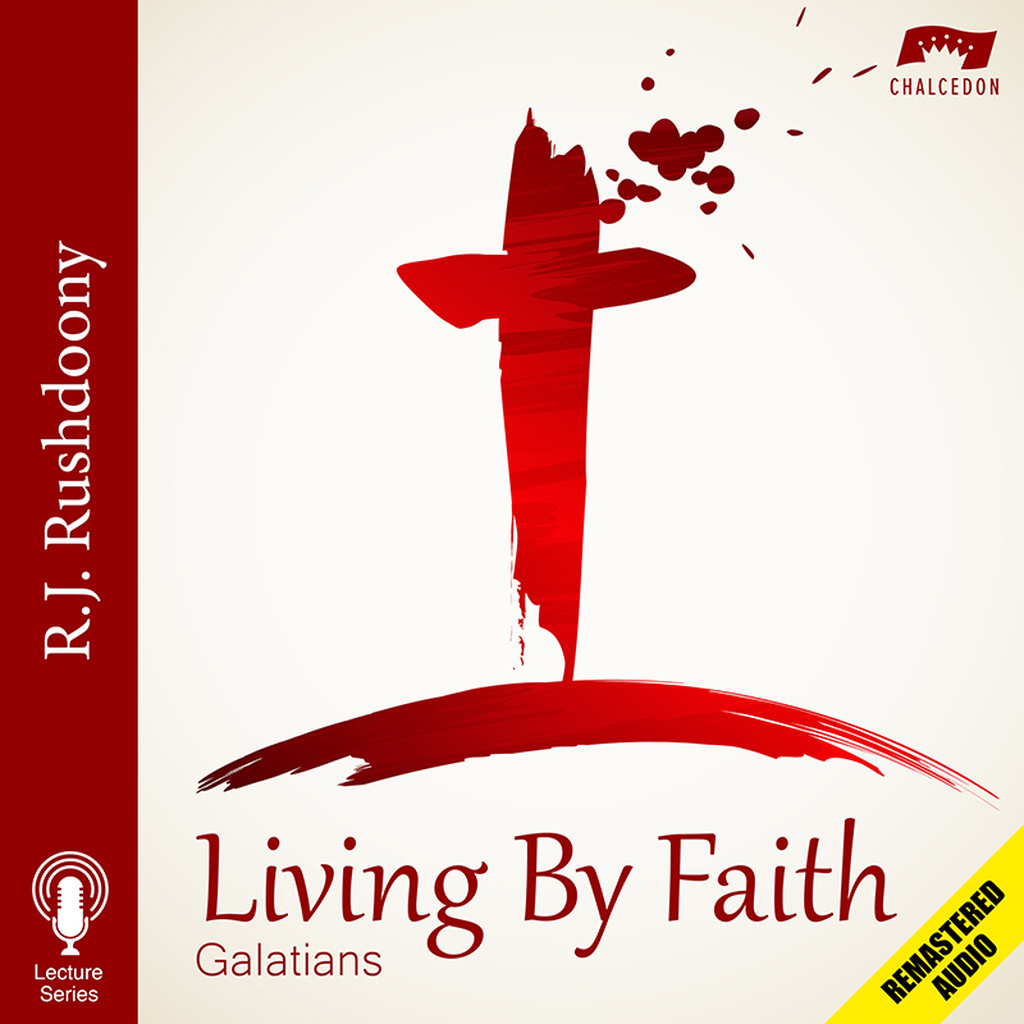
The Council of Jerusalem
Fourteen years after his first visit to Jerusalem, Paul returns to attend the council of Jerusalem, of which we have an account in Acts 15:4-33. The issue we are told in Acts, was created by Pharisees who had come into the church, and whose stand concerning the Gentile converts was that entrance into the church required that they first become Jews, that they be circumcised and keep the law, and then they could become Christians.

- R. J. Rushdoony
Fourteen years after his first visit to Jerusalem, Paul returns to attend the council of Jerusalem, of which we have an account in Acts 15:4-33. The issue we are told in Acts, was created by Pharisees who had come into the church, and whose stand concerning the Gentile converts was that entrance into the church required that they first become Jews, that they be circumcised and keep the law, and then they could become Christians.

- R. J. Rushdoony
Rev. R.J. Rushdoony (1916–2001), was a leading theologian, church/state expert, and author of numerous works on the application of Biblical law to society. He started the Chalcedon Foundation in 1965. His Institutes of Biblical Law (1973) began the contemporary theonomy movement which posits the validity of Biblical law as God’s standard of obedience for all. He therefore saw God’s law as the basis of the modern Christian response to the cultural decline, one he attributed to the church’s false view of God’s law being opposed to His grace. This broad Christian response he described as “Christian Reconstruction.” He is credited with igniting the modern Christian school and homeschooling movements in the mid to late 20th century. He also traveled extensively lecturing and serving as an expert witness in numerous court cases regarding religious liberty. Many ministry and educational efforts that continue today, took their philosophical and Biblical roots from his lectures and books.